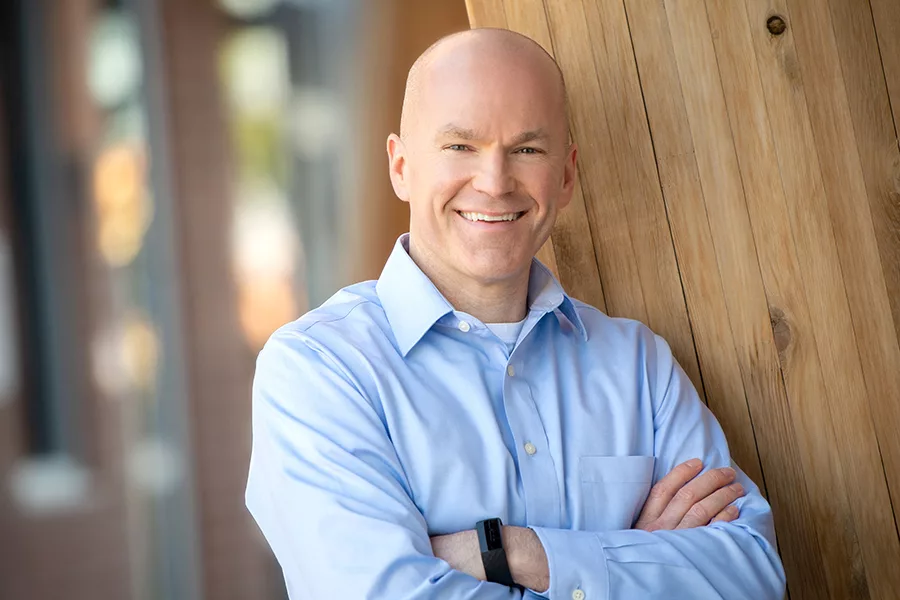
Home » An invisible hand to steer college savings: the education trust
An invisible hand to steer college savings: the education trust

September 12, 2019
By Beau Ruff
There are many options available to pay for the education of a loved one. There are direct gifts, state-sponsored 529 plans and educational savings accounts, to name a few. But, if a person wants to use funds that are not available until after death and wants to influence how the money is spent with specified criteria, an education trust might be the best option.
The education trust envisioned in this column is of the variety that is contained in your last will and testament—a sort of so-called testamentary trust with a stated purpose to provide funds for education. This is different from a living trust, and it is different from tax trusts. Let’s move on to the nuts and bolts.
Many of us would like to pay for the education of a loved one, but simply don’t currently have available assets. For example, we might have equity in our house (but we are currently living in it), or we might have a retirement account (but we are currently living off of it), or we have other assets where we prioritize (fairly, in my opinion) our own well-being and happiness over another’s education.
But, perhaps after death, those same assets would be available.
For example, perhaps Grandma wants to help pay for her grandchildren’s education. Currently Grandma can’t devote money to the endeavor. Grandma could instead write a trust into her will that would provide that all her assets, or some of her assets, would be used to provide for the education of her grandchildren. In this case, Grandma could continue to use her assets and have the security of the assets for life, but then know that they will go to a good cause after her death. The assets would likely be sold to fund the new education trust.
Grandma can then be as creative, strict or specific as she desires. For example, she might say that the trust provides education for each of the grandchildren (termed the “beneficiary”) so long as: the beneficiary attends a Christian college; maintains a grade-point average of above 3.0; includes the study of theology as at least a minor; and the term for college attendance does not exceed four years.
She can furthermore define “education” expenses narrowly—for example, tuition only—or more broadly—tuition, fees, books, living expenses, food, transportation and stipend. She can agree to only pay the cost of tuition of a public school in the state (but perhaps allow the beneficiary to go to the school of his choice), or she can encourage private school attendance and semesters abroad through additional compensation measures.
To further sweeten the deal and incentivize education, the trust could provide a bonus upon completion of stated benchmarks. For example, “upon the receipt of a bachelor’s degree, the beneficiary shall receive $50,000 from the trust.” Or, “for each semester the beneficiary attains a GPA of over 3.5, the beneficiary shall receive $3,000 from the trust.”
Sometimes the restrictions on the use of the money will be directly related to the amount of money and the number of beneficiaries. If there are many beneficiaries (for example, 20 grandchildren) and limited funds, the trust will necessarily need to dole out the money conservatively.
Conversely, if the funds are abundant and the beneficiaries few, the trust can be more liberal with spending, and would additionally need to state where the money goes after the last beneficiary finishes school or attains a specified age.
The form of trust envisioned by this column is fluid and can be changed anytime—so long as Grandma (in this case) is alive. The trust only becomes irrevocable, or unchangeable, after death. So, even if it is put into place in the last will and testament, Grandma can still change the terms of the trust, and even the existence of the trust, any time she chooses. Sometimes the circumstances surrounding the formation of the trust change and a corresponding change to the trust is necessary. Such is the bedrock of estate planning in general. It is a fluid concept and usually adaptable to changing needs.
To determine if an education trust might work for you, talk to your attorney or financial advisor. That same person can also help structure some of the terms of the trust to best fulfill your vision.
Beau Ruff, a licensed attorney, is the director of planning at Cornerstone Wealth Strategies, a full-service independent investment management and financial planning firm in Kennewick.
Local News
KEYWORDS september 2019





